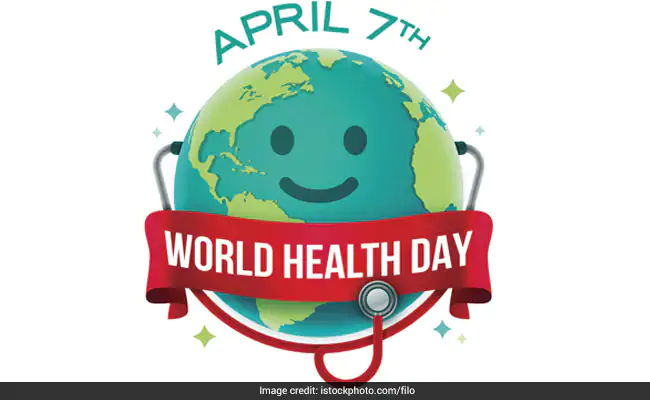Written By: Prof. Peter Katchy
The World Health Day is a global health awareness day marked every year on April 7th under the auspices of the World Health Organization (W.H.O). It is an opportunity created by the organization to draw world attention to subjects of major importance to global health matters each year.Theme for this year is: SUPPORT NURSES AND MIDWIVES.
It is to focus on the vital role played by nurses and midwives in providing healthcare around the world, and a call to strengthen the nursing and midwifery workforce. Nurses and other health workers are at the frontline of COVID-19 response, putting their own health at risk to protect the broader community. They provide high quality, respectful treatment and care, leading community dialogue to address fears and questions and collecting data for clinical studies. Quite simply, without nurses, there would be no response.
W.H.O asserts that following countless studies, countries which invest in universal healthcare will make a sound investment in their human capital. Indeed, access to a very bottom line of care and financial protection will not only truly improve someone’s health and life expectancy, but also protects countries from epidemics, reduces poverty and the risk of hunger, creates jobs, drives economic growth and enhances gender equality.
On COVID-19, which W.H.O had declared a global pandemic; the organization outlines some basic protective measures, including self observance. According to World Health Organization, most people who become infected experience mild illness and recover, but it can be more severe for others. Hence, we must take care of our health and protect others by frequently and thoroughly washing our hands with an alcohol-based hand rub or soap and water. Doing so kills viruses that may be on your hands.
World Health Organisation equally posits that we maintain at least 1 metre or 3 feet distance between yourself and anyone who is coughing or sneezing. This is because when someone coughs or sneezes, he or she spray small liquid droplets from the nose or mouth which may contain virus. If you are too close, you can breathe-in the droplets, including the COVID-19 virus, if the person coughing has the disease.
W.H.O also says we should avoid touching our eyes, nose and mouth as hands touching many surfaces can pick up viruses. And once contaminated, hands can transfer the virus to the eyes, nose or mouth. From there, the virus can enter the body and can make one sick.
You should make sure that you, and the people around you, follow good respiratory hygiene. This means covering your mouth and nose with your bent elbow or tissue when you cough or sneeze. Then dispose off the used tissue immediately after. Droplets, W.H.O. says, spread virus. By following good respiratory hygiene, we protect the people around us from viruses such as cold, flu and COVID-19.
Above all, anyone who has fever, cough and difficulty breathing should seek medical care early. He should stay home and call healthcare providers. Calling in advance will allow the healthcare provider to quickly direct you to the right health facility. This will also protect you and help prevent spread of viruses and other infections.
People should stay informed on the latest developments about COVID-19. Follow advice given by the government, healthcare providers or your employer on how to protect yourself and others from COVID-19. They are best placed to advise on what people should be doing to protect themselves.
As we celebrate World Health Day today, W.H.O cautions that we stay at home, if we begin to feel unwell, even with mild symptoms such as headache and slight runny nose, until we recover. Avoiding contact with others and visits to medical facilities will allow these facilities to operate more effectively and help protect you and others from possible COVID-19.
Again, if you develop fever, cough and difficulty breathing, seek medical advice promptly as this may be due to a respiratory infection or other serious condition. Call in advance and tell your provider of any recent travel or contact with travelers.To report suspected case of COVID-19, contact Anambra State Public Health Emergency Operation Centre on 08030953771 or 08145434416. This will also help to prevent possible spread of COVID-19 and other viruses.





Comments are closed for this post.